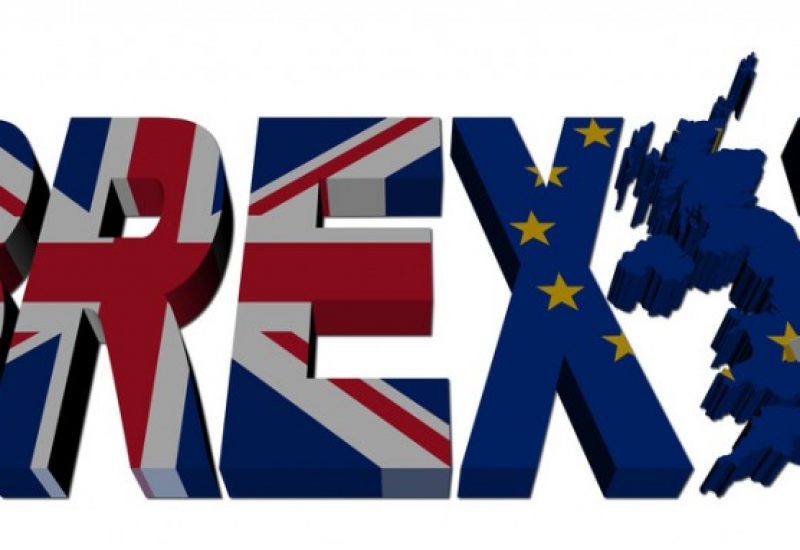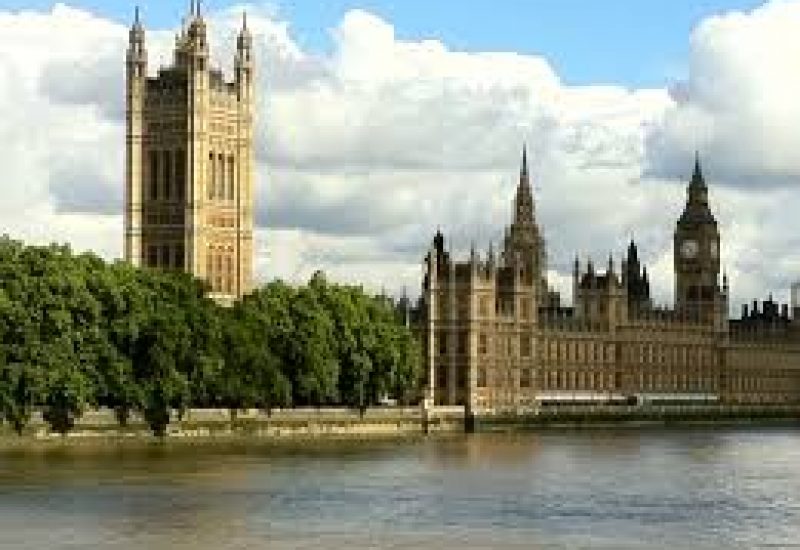- January 30, 2017
- 10:57 am
- Constitutional Change
by Ian Cram, School of Law, Leeds University.
Sitting for the first time as a full 11 member panel, the United Kingdom’s Supreme Court has handed down its ruling in the most significant constitutional law case in the UK for over a generation. The ruling has been eagerly anticipated both in the UK, Europe and beyond and touches upon a range of major constitutional issues that will have significant legal and political implications.





